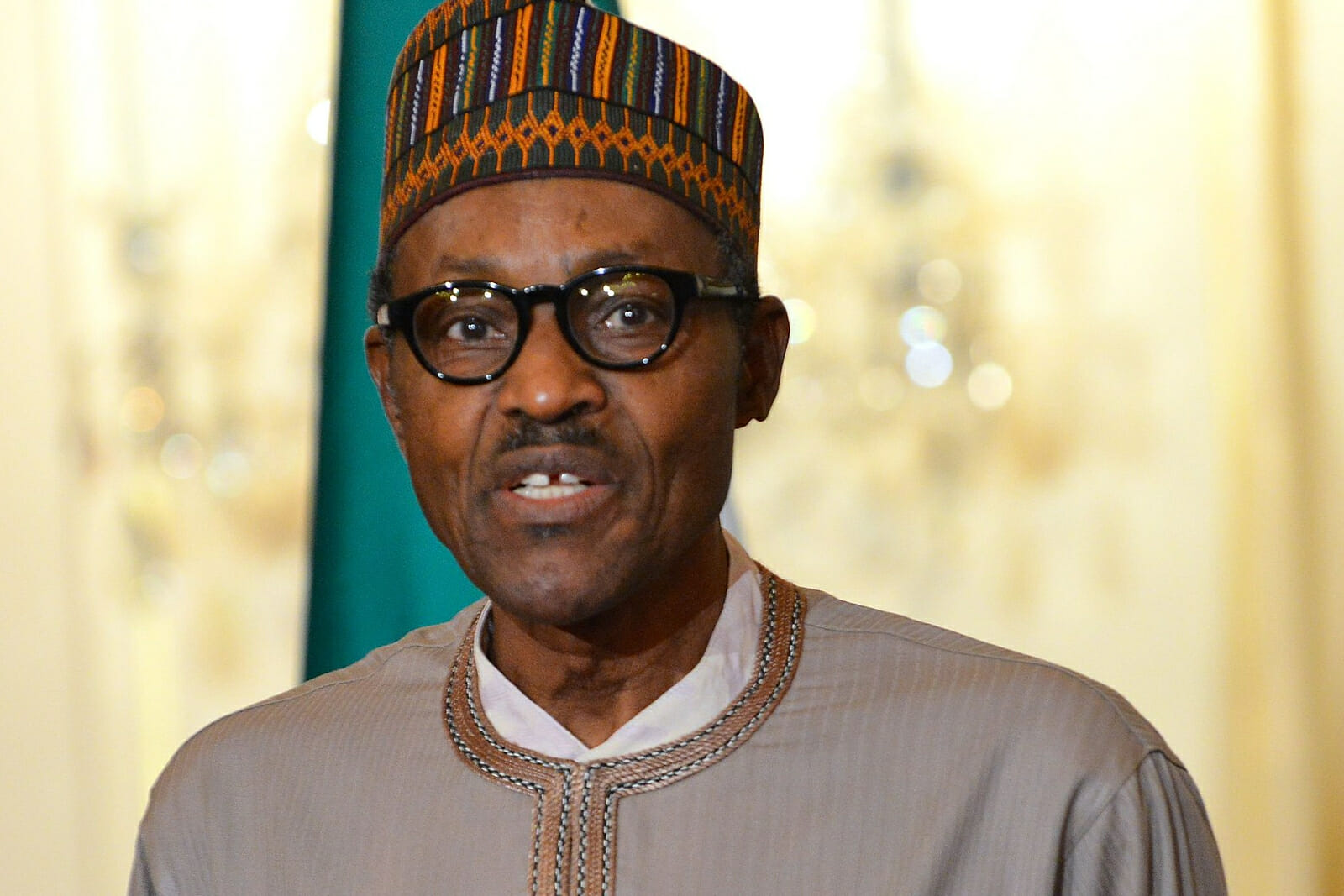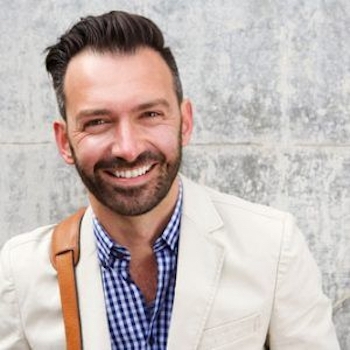
Nigeria: Only Political Change Will Right the Economy
As the presidential race heats up ahead of 2023, the Nigerian economy – the largest and most important in Africa – is freezing over. Another week means another set of dire economic indicators that President Muhammadu Buhari’s successor must address. Buhari is term-limited and cannot run for re-election.
Recently, the Nigerian central bank has announced that foreign inflows fell by 32%, whilst at the same time outflows increased by 7.5%. This is not a new trend and follows an unrelenting deterioration over an astonishing 11-year period.
Less money coming in and more going out is a disastrous recipe for Nigerians and West Africa, given the dominant role the country plays in the region. It impacts everything from the cost of living, as inflation just hit 15%, to jobs, with the jobless rate in March of 2021 reaching 33% to become one of the highest in the world. And those are the official figures; the reality is likely to be much worse.
Meanwhile, Buhari’s policies are only making things worse. Following a crackdown on freedom of speech last year, the Lagos Chamber of Commerce estimated that the seven-month Twitter ban cost the country millions of dollars, perhaps more. His poor management of the security situation, despite being a former military officer, has further depleted the confidence of local and international businesses.
Nigerians must now decide which presidential candidate can turn the economy around.
The causes of malaise are well documented. Insecurity, poor infrastructure, barriers to business, corruption, and addiction to oil revenue all come together in a toxic mess. Nigeria can manage when oil prices are sky high, but once they fall, the economy suffers. The business community then gets the final vote of confidence in the economy. They see gaping problems and increasingly vote with their feet.
Ahead of 2023, presidential aspirants need to present their plans to restore international confidence, alongside a wider economic plan. The election, and the chance to hold the administration accountable, cannot come soon enough.
The current administration is asleep at the wheel without any plan to deal with Nigeria’s urgent problems. To be charitable, one could say they are incompetent. To be unforgiving, one could say they lack basic compassion for the people suffering because of their inertia.
The sclerotic old guard are stuck in their ways, lack business experience, neglect Nigeria’s international reputation, and are simply waiting for oil prices to rise. When banning Twitter, Buhari either did not understand or did not care about the potential impact on the tech sector and the wider economy.
In presidential primaries, the best candidates need to demonstrate how to turn the situation around. The electoral bill and open primaries that allowed for better voter registration and a more equal system would have helped select capable candidates. The president’s refusal to sign the bill after both houses agreed to it is undoubtedly a setback for democracy and fair elections – another reason why Nigeria needs a change. However, there is still hope that worthy candidates can be selected.
It is clear what Nigeria needs in principle; a new face with fresh eyes to see the horrors of what is happening to ordinary people, fresh ideas to challenge outdated orthodoxies, and fresh legs to run at the problems with energy.
A strong candidate needs business experience to understand what the private sector needs before companies invest and grow. They need experience abroad to inspire the confidence of the international community. And they need a track record of delivering for people here in Nigeria.
The suggestion that the All Progressives Congress can present Vice-President Yemi Osinbajo as a candidate for change is laughable. The last two terms of the Buhari administration have been disastrous and the economic warning lights are flashing red. Any effort to dissociate Osinbajo from his boss should be dismissed. How Osinbajo absolves himself of responsibility for an administration that has left millions poorer is beyond reason.
Amongst the People’s Democratic Party, there is a heightened concern that Atiku Abubakar might secure the nomination. The old politician’s authority seems based on lengthy service to the party and a term as vice president twenty years ago, rather than any recent achievements. Nigerians must do better and should ask themselves what they really want from a presidential candidate. Either of these two men would represent more of the same, and a return to the status quo. Elections are a moment where the young can hold the old to account. But if both parties put forward relics of the past, then what choice does that leave the people?
Before party delegates decide their candidate at the primaries, they must consider Nigeria’s dire economic indicators and the consequences. No jobs mean people cannot afford goods that are even more expensive, all whilst international confidence is falling even further, limiting room for maneuver.
The longer it takes to transfer power to a younger generation, the more entrenched these problems will become. Party delegates need to ensure that the people have a real choice of someone new and qualified in 2023. Only then will Nigeria emerge as a stronger country with a better future for its people.
